Cryptominers gain ground
Credit to Author: Sarah Pike| Date: Wed, 27 Jun 2018 10:02:13 +0000
As we predicted at the end of 2017, malicious cryptomining is booming in 2018, up by 44%.
Read MoreRSS Reader for Computer Security Articles
Credit to Author: Sarah Pike| Date: Wed, 27 Jun 2018 10:02:13 +0000
As we predicted at the end of 2017, malicious cryptomining is booming in 2018, up by 44%.
Read More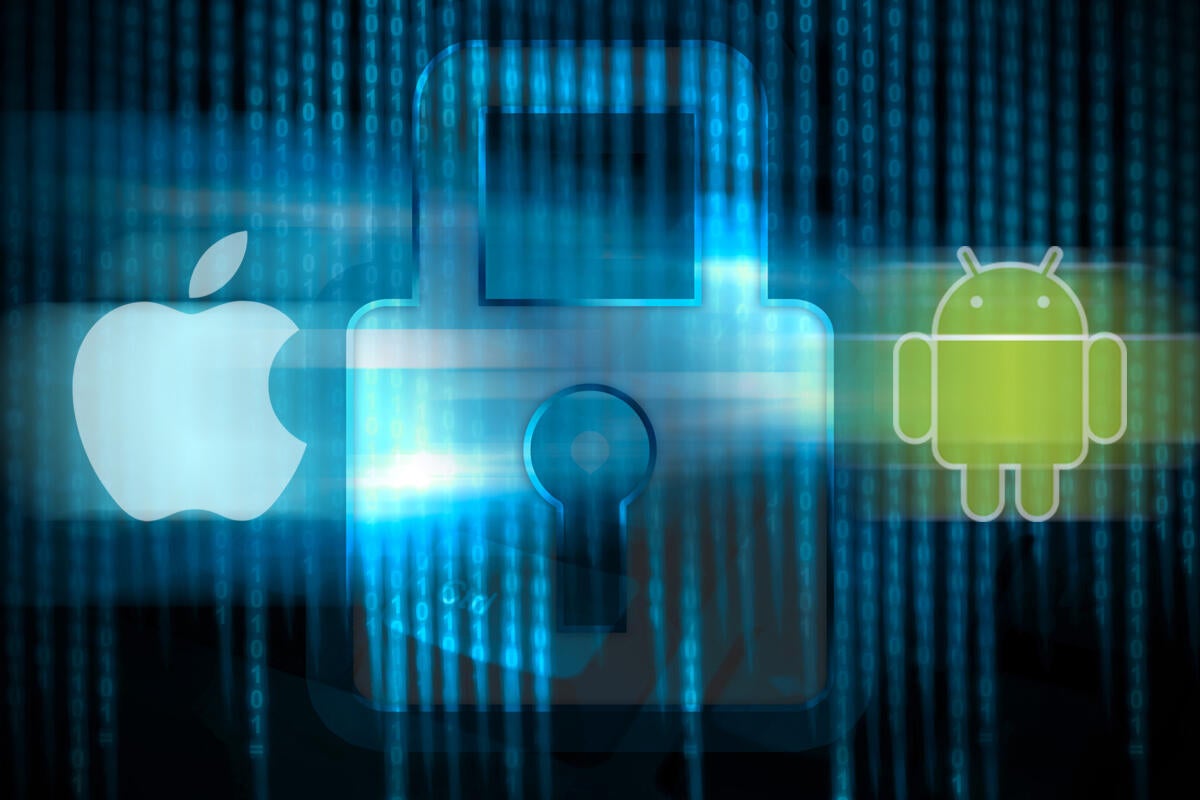
Credit to Author: Lucas Mearian| Date: Tue, 12 Jun 2018 12:36:00 -0700
Using an iPad or iPhone to mine bitcoin or other cryptocurrencies would be hard to do, as the CPU power available to complete the task would be a drop in the bucket compared to what’s needed.
But using a portion of the CPU power from thousands of iPads or iPhones to mine cryptocurrency makes more sense – and that’s exactly what some malware has been doing.
Apple is now moving to stop the practice.
[ Further reading: The way blockchain-based cryptocurrencies are governed could soon change ]
Credit to Author: Nicolas Windpassinger| Date: Tue, 12 Jun 2018 12:36:56 +0000
Blockchain: After the hype, back to real life Even if blockchain technology must still overcome some challenges, there has recently been a clear change in the attitudes and initiatives regarding… Read more »
The post Blockchain and the IoT: 2 of the 5 elements that will change your world appeared first on Schneider Electric Blog.
Read More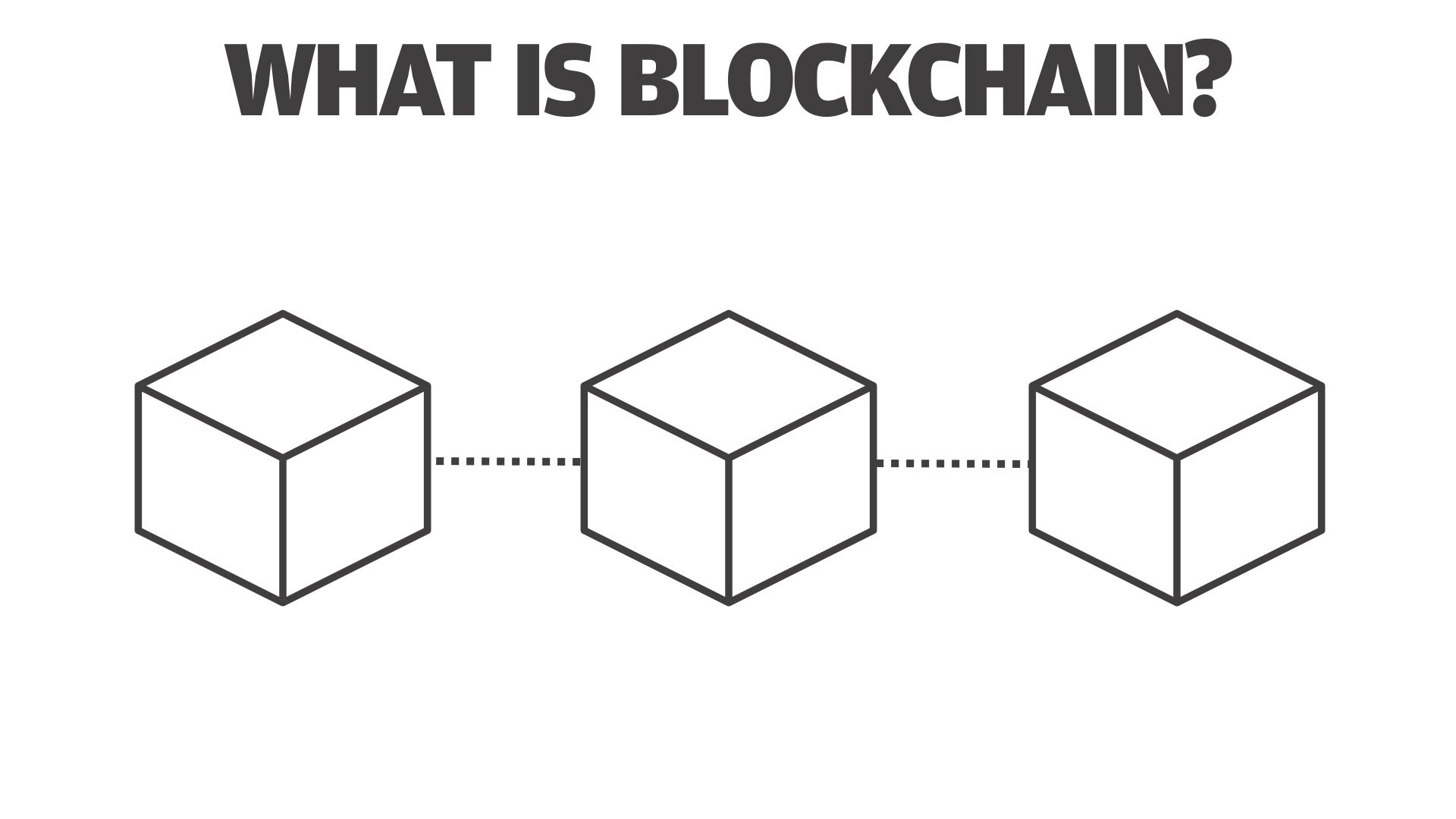
Cryptocurrency such as Bitcoin has garnered most of the media coverage and hype to date, but keep your eye on blockchain – this new technology is poised to change IT in much the same way open-source software did a quarter century ago.

Credit to Author: Lucas Mearian| Date: Thu, 17 May 2018 03:11:00 -0700
Blockchain could one day solve the online privacy problem by encrypting or scrambling personally identifiable information and issuing each person a random string of bits – a private key – created explicitly for unscrambling their data.
The person holding the blockchain private key could issue various public keys controlling who has access to the personal data on the blockchain. So, for instance, if a car rental agency needed to verify you have a driver’s license, you could use a public key to give them access to that information.
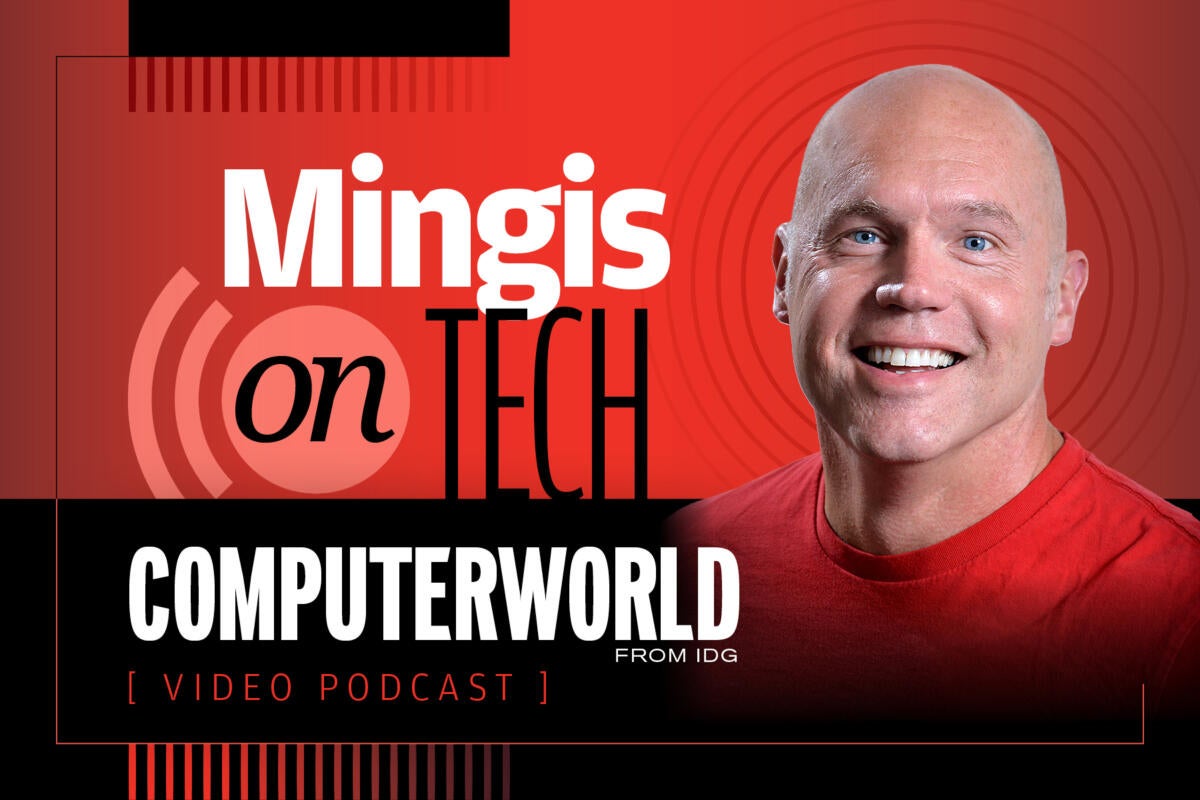
Credit to Author: Ken Mingis| Date: Wed, 09 May 2018 03:30:00 -0700
This year’s RSA Conference in San Francisco had a lot of ground to cover. Cybersecurity, of course. Fending off ransomware attacks. Building security best practices into employee training.
But, according to CSO’s Steve Ragan, the hottest topics at the 2018 conference were this month’s looming GDPR deadline and blockchain, blockchain, blockchain. (In fact, the two are often part of the same conversation.)
Ragan, who attended RSA, spoke with Computerworld Executive Editor Ken Mingis about what he learned, with a special focus on the May 25 GDPR deadline and what companies are scrambling to do to protect their data.
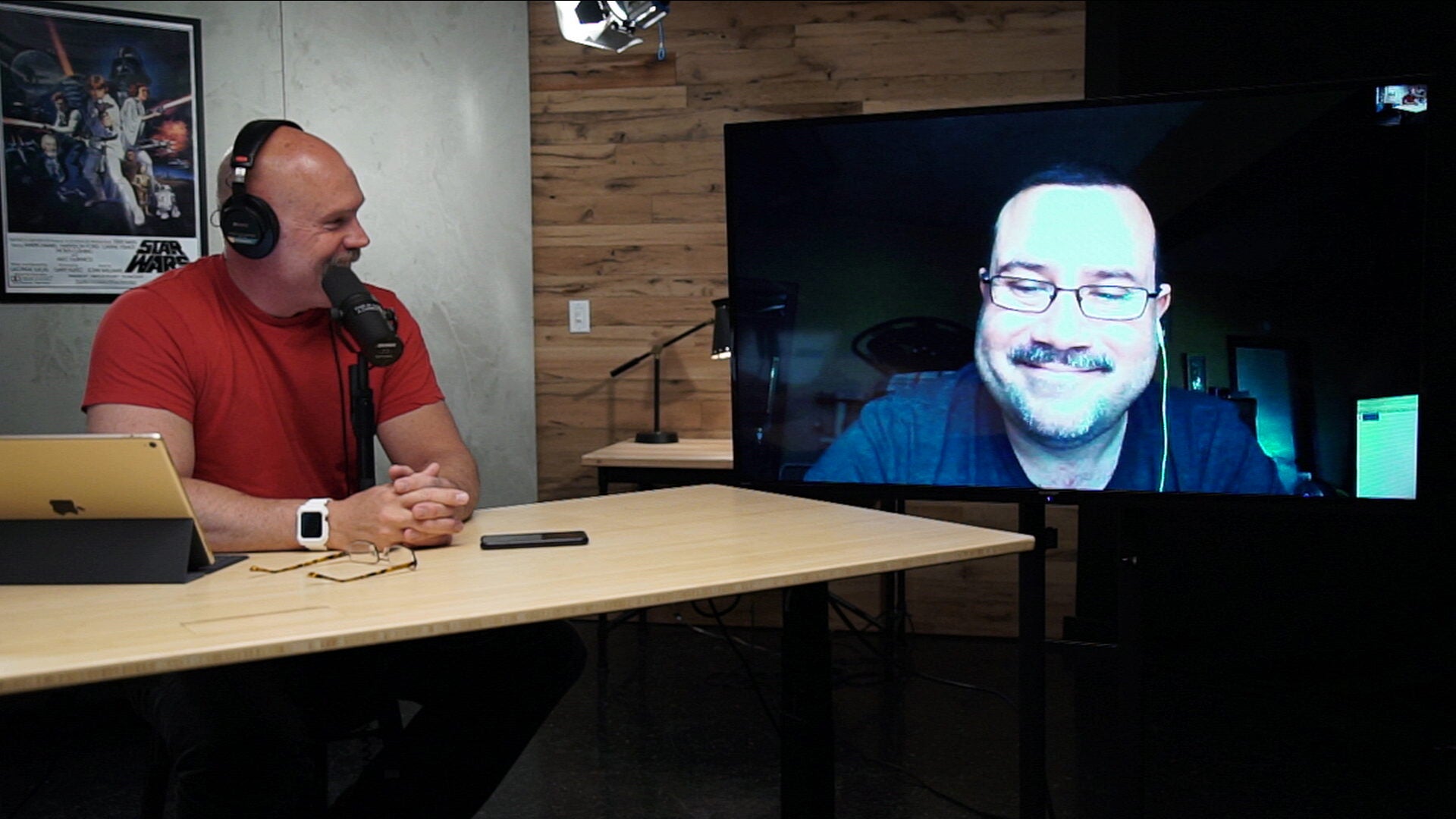
This year's RSA security conference focused on a variety of cybersecurity topics – everything from blockchain to the looming GDPR rules. CSO's Steve Ragan was there and offers insights on what he learned.
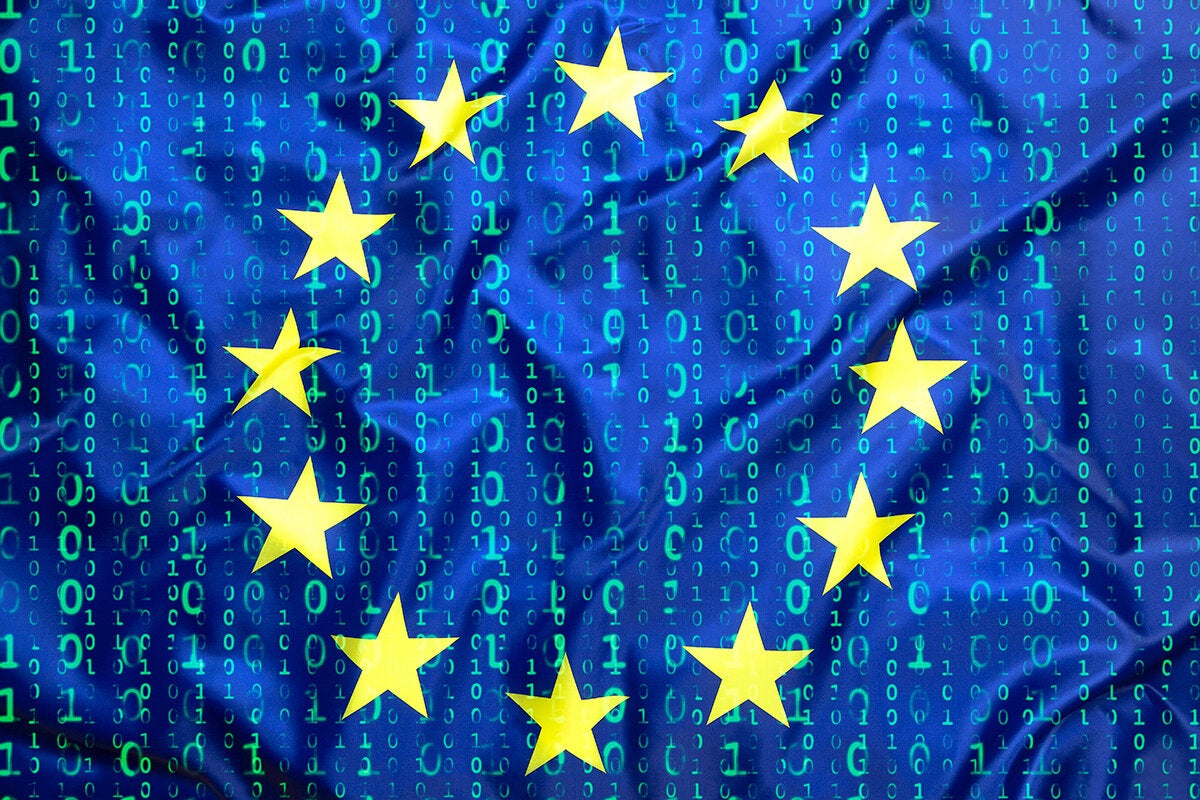
Credit to Author: Lucas Mearian| Date: Mon, 07 May 2018 03:02:00 -0700
As the EU prepares to roll out new data protection regulations this month, concerns are emerging that they could dissuade businesses from rolling out blockchain-based projects because the online transaction technology might innately break the new rules.
The EU’s General Data Protection Regulation (GDPR) targets citizens’ personally identifiable information (PII), providing transparency around its use and giving people the right to restrict its use or request it be deleted all together.
While GDPR never mentions PII, the new rules describing “personal data” are synonymous with it: “Any information that relates to an identified or identifiable living individual. Different pieces of information, which collected together can lead to the identification of a particular person, also constitute personal data.” In short, it means any data that can be tied back to person’s identity.